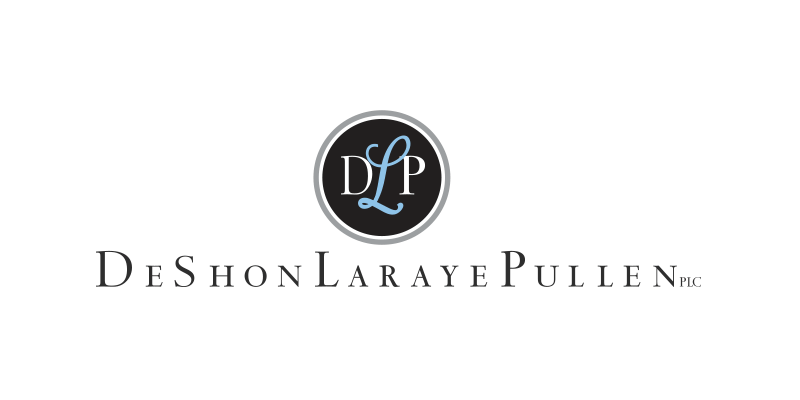Consider whether collaborative divorce is a good option for your needs
Collaboration keeps the divorce process out of court and around the negotiation table.
Many people have not heard of collaborative divorce as it is a relatively new process that evolved in the 1990s. Perhaps the most important feature of this process is that it is nonadversarial, especially as compared to traditional divorce litigation, known for leaving divorcing parties in the dust to recover sometimes from extremely taxing, public court battles.
While it is not a given, people can spend a large chunk of their assets on a divorce trial after which they may not even be happy with the result handed down by the judge. The process can be emotionally draining and full of stress, which can also have a negative impact on a couple’s children.
A Minnesota attorney who was disillusioned by the experiences of his clients in court came up with the alternative of collaboration, a truly different way to end a marriage. His ideas have been embraced in other states, including Arizona, and even by legal practitioners in several other countries.
Collaborative divorce begins with the parties signing a participation agreement in which they pledge to treat each other with respect, to voluntarily and honestly share important financial and other information and to negotiate an agreement that settles all legal issues in the divorce. Collaborative negotiation allows for creative problem solving that could potentially come up with solutions a judge might never order in court.
The negotiation is accomplished through a series of four-way meetings along with each of their lawyers, who must have gone through special training in collaboration. In addition, the couple can hire neutral professionals to participate as needed such as mental health professionals, financial and tax planners, real estate brokers, appraisers and more.
Another key aspect of collaborative divorce is that each party agrees that if the negotiation falls apart and an agreement cannot be reached collaboratively, the participating attorneys must cease representation and new counsel be retained for continuing the process using traditional negotiation or mediation.
Collaboration is often cheaper in the long run than litigation, but not always. It can build a positive relationship between the divorcing spouses going forward, which is especially helpful for ex-spouses who must continue parenting together.
It is important for anyone considering collaboration to discuss the details of his or her situation with an experienced collaborative attorney to determine whether collaborative divorce is a good choice under the unique circumstances of the particular family. For example, collaboration may not be the best option if the other spouse has a history of anger, dishonesty or abusive behavior.
With offices in Phoenix and Scottsdale, the family lawyers of DeShon Laraye Pullen PLC represent divorce clients in collaboration, mediation and traditional litigation.


